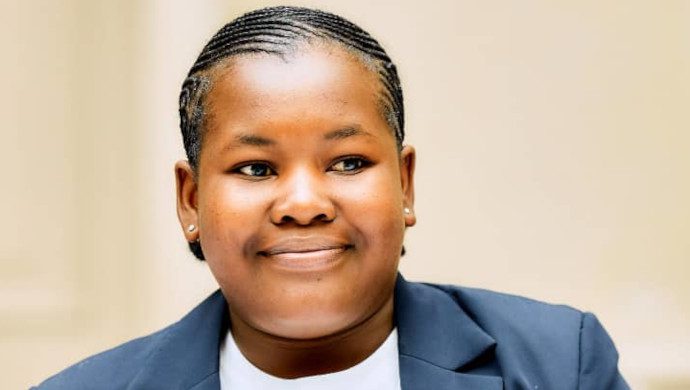The United Nations International Strategy for Disaster Reduction (UN/ISDR) is taking the opportunity of The International Year of Microcredit to organize a number of events around the world to stimulate a debate on how safety nets and micro-insurance can contribute to disaster risk reduction.
– Microcredit and more generally microfinance have proven their value in many countries as a weapon against poverty and hunger but have not yet been fully utilized as tools for reducing disaster impacts, says Salvano Briceno, director of the secretariat of the UN/ISDR.
– Our objective is twofold: firstly to sensitize the social and financial communities and institutions on the potential role of microfinance in reducing disaster risk. Secondly to raise awareness among the disaster and risk management community to use this financial tool to reduce the vulnerability of hazard-prone populations, added he.
Hazards are a major risk for the poor and the destruction of property and livelihoods furthers their downward cycle of poverty.
– Some concrete experiences in India and Bangladesh have shown the potential of microfinance to reduce the impact of disasters on populations but the use of microfinance for disaster risk management can be further explored, both in terms of supporting recovery from disasters and in preventing disaster impacts in poor communities, confirms Margaret Arnold from the Hazards Management unit of the World Bank.
– We need to explore various flexible approaches in using these tools for poverty reduction, says Salvano Briceño adding: – This new approach is essential to the achievements of the Millennium Development Goals.
The UN/ISDR will particularly encourage partners and experts to look for potential new mechanisms that can reduce the impact of hazards and will promote national and local discussions with micro-finance institutions, commercial banks, insurance companies, non-governmental organizations, CBOs and disaster reduction experts.
The secretariat will also invite decision-makers and non-governmental organizations involved in recovery efforts for the Indian Ocean tsunami and earthquakes to develop capacities for long-term disaster risk reduction.
The ISDR Secretariats participation in the microcredit campaign will culminate with the International day for Disaster Reduction on 12 October 2005 when a number of events will be organized around the world.
For more information, please contact: Brigitte Leoni, Media Relations, Inter-agency secretariat of the International Strategy for Disaster Reduction (UN/ISDR), tel.: 0041 22 917 4968, e-mail: [email protected], website: www.unisdr.org.
Kilde: www.runiceurope.org














